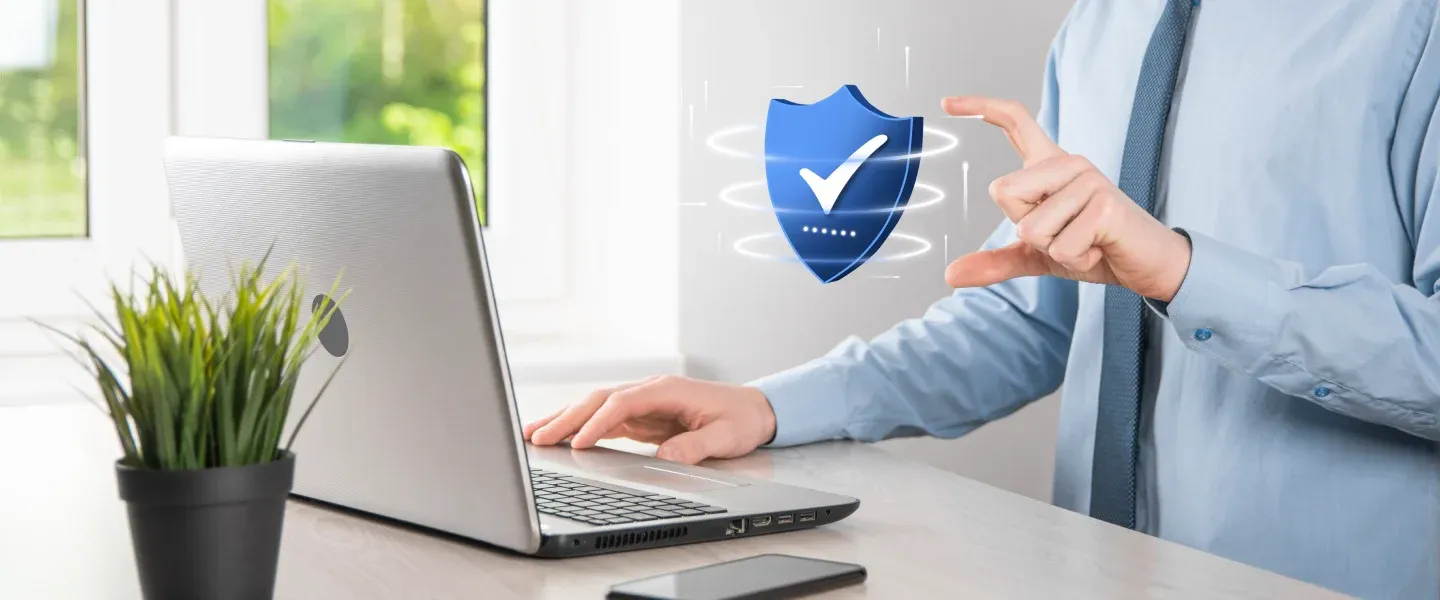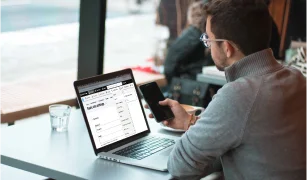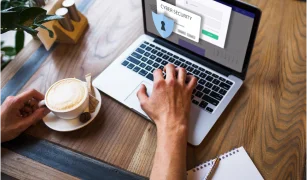If someone were to break in your room, they would probably learn less about you than if they hacked you on the internet. Our efforts towards security have to be as intensive online, as they are offline.
An extremely popular Content Management System, Drupal is on top of the list for many.
Very importantly, Drupal has a dedicated team to make sure that the Drupal core is largely free of loopholes or vulnerabilities that may compromise website security.
Drupal powers more than 7,00,000 sites across the internet, which increases the chance of a specific site owner being vulnerable to cyber attacks.
Although all third-party modules are heavily vetted, a little extra security is always a good idea.
Let’s find out how to enhance Drupal’s security and make it risk-free!
Keep up with internet trends, update!
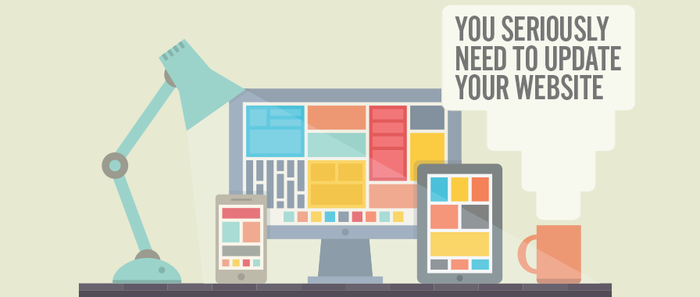
Drupal’s team works consistently to offer timely and effective updates to enhance your security. Understand what the new updates fix and bring to the table, even though we’ve been conditioned for decades to overlook such information. With all the other things you need to remain updated with, this one is right up there with Instagram trends!
Spam prevention modules
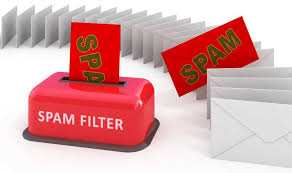
We know how our lives have become easier with Truecaller preventing our spam calls. Our websites give a sigh of relief using different anti-spam modules like BOTCHA or Honeypot.
Even though they all play a different role, they are key to a spam-free website. They deploy simple but effective means to keep a check on bots, for instance.
Get your line of knights ready to go!
Password policies
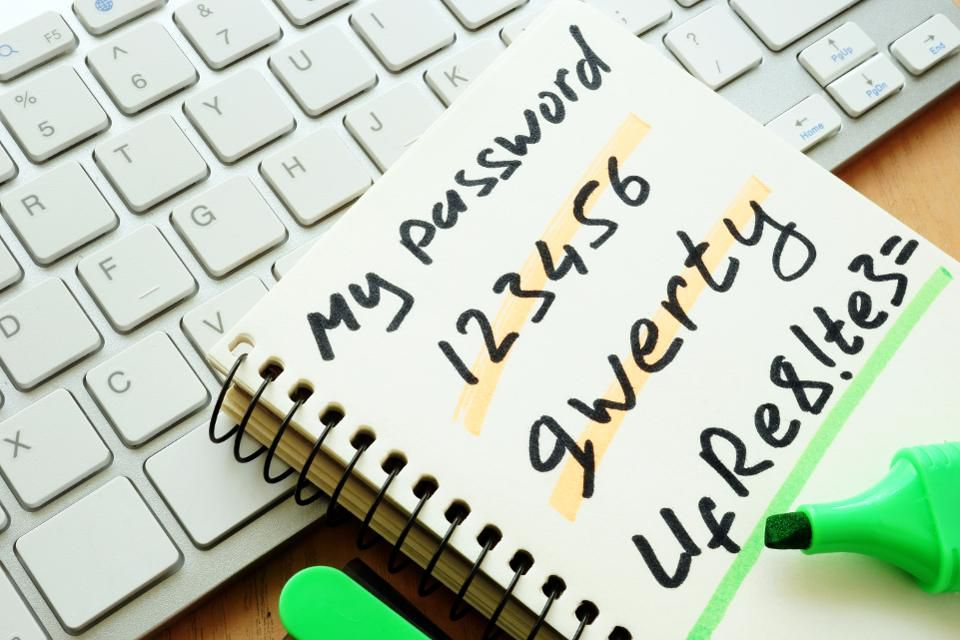
Next time a website makes you enter a password with too many conditions, you should know you’re in safe hands.
Drupal offers a range of password policies that you should opt for and users shall adhere too. For instance, automated log-out, in case it remains idle for some time, a minimum character length for passwords and other security measures.
Set your permission boundaries right.
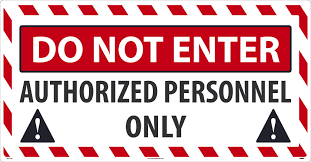
Let’s do the obvious, and not give hackers permission, shall we?
You can limit your sensitive files and their access to only, read, write or modify them. This defines how compromising your website can be for potential hackers.
Make your important files such as authorize.php only permissible to the author and developer. Confidential configuration should not be present in the version control system and must be configured directly and secured on the particular instance that it has to be used for.
Implement HTTP Security Headers
This one is easy, effective and shouldn’t be missed out on from the security checklist! Easy to configure, they let the browser know how to handle your site’s content and bring your risk factor down several notches.

Pro Tips:
- Clear the carts! Always disable, uninstall and remove unused modules to keep it healthy and low-risk!
- Take regular back-ups of all of your code, database, and files to prevent any loss of crucial data in case of a cyber-attack or a different threat to your website.
- Remember to keep an eye on your roles and permissions and modify them as and when you require to optimize your security.
- Make sure you get an SSL certificate with a good rating.
- Reporting violations like CSP violation and Expect-CT failures
- Trusted host settings need to be configured properly https://www.drupal.org/docs/8/modules/skilling/installation/trusted-hosts-setting
All set to keep out the dementors then?
